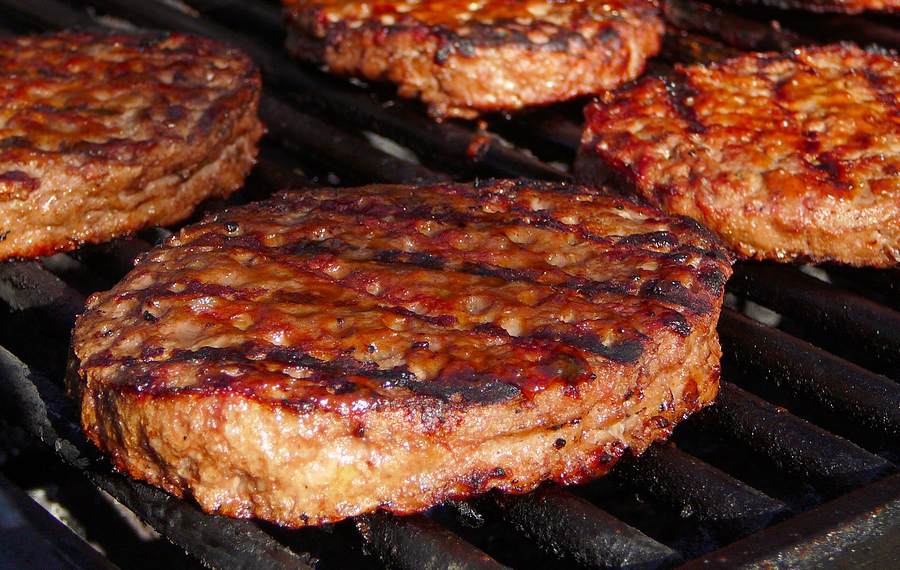Imagine, for a moment, that you're five years old. After a busy morning in Kindergarten, you notice that your stomach is growling. It's time for lunch. Unless you brought food from home, you'll be eating what's served in your school's cafeteria. You get in line and grab a tray. You're barely tall enough to see the food behind the counter, and your teacher isn't there to help because she's having her lunch elsewhere. So when the lady wearing the plastic gloves asks you what you want to eat, you're not sure what to say. Then you might notice something familiar -- maybe a hot dog, spaghetti, or some chicken nuggets -- so you point to it and watch as it's placed on your tray.










